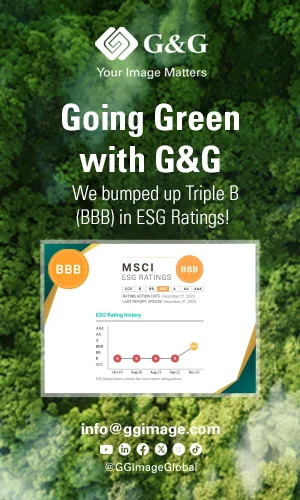Of Brexit and UK VAT Act amendments
March 19, 2019

Fresa Amthor
With Brexit potentially bearing down on us, preparations have been made to ensure that British VAT “remains operational” following the UK’s official departure from the EU.
As Fresa Amthor of KMLZ reports, with 29th March 2019 fast approaching, and the possibility of a no-deal Brexit still hanging in the air, it seems fortuitous that the British legislator already prepared amendments to the Value Added Tax Act 1994 and the Taxation Act 2018. These amendments were drafted in September 2018. In addition, “Several Statutory Instruments” which have been prepared by “the tax authorities and the Ministry of Finance” allow for “additional adjustments to be made to the primary and secondary British VAT law, post-Brexit.”
The majority of the rules are only intended for use in a no-deal Brexit, however.
Amthor writes, “Of course, the changes are mainly adaptations which will meet the needs of the changed status of the UK in relation to the EU. Rules and definitions concerning intra-Community transactions will be deleted without replacement. Additionally, the regulations on information exchange processes with the EU (Intrastat, EC Sales List, distance sale, MOSS) will be affected, as the UK will no longer have the right to access the relevant EU systems after Brexit. An exception to this is the VIES system for querying the validity of VAT-ID-Numbers, to which every taxable person has access. Only British VAT–ID-Numbers should no longer be able to be validated. At the same time, customs law and VAT on imports to the UK, as well as regulations on exports from the UK will be adapted. Transition periods, as regards the point in time tax arises, and legal bases for the enactment of further regulations, will be established.”
In addition, Amthor reveals, in an attempt to minimise cash flow disadvantages caused by “the reclassification of intra-Community acquisitions as imports after Brexit”, a deferred taxation of import VAT could be introduced”.
This means that “With the exception of parcels with a value of up to £135 ($179/€157), UK registered taxable persons will not be required to pay import VAT immediately upon importation from the date of departure. Rather, import VAT will only have to be reported when UK registered taxable persons submit their VAT return to be processed but will not have to be paid, at least for those who are entitled for full input VAT deduction.”
EU taxable persons can claim a refund of all UK input VAT they have incurred up to and including the date of the UK’s departure from the EU. After the date of departure, all applications must be submitted manually rather than online.
A new form has been drafted HMRC for this purpose.
Amthor goes on to explain, “Anyone providing fulfilment services will require a permit for the importation of goods, as has been the case for non-EU countries since April 2018. Here, a nine-month transitional period is planned for applications.”
However, Amthor also declares that there is still missing information, particularly for “non-resident taxable persons”, writing, “There is no specific statement as regards registration for VAT purposes and tax numbers, e.g. as regards the question of whether these remain valid without any changes. Is it also not clear whether EU taxable persons will be able to handle imports directly in the UK under their existing EORI numbers or whether, in the future, they will require UK-based representatives for this purpose. It is also unclear whether these EU taxable persons will have to apply for their own new British EORI numbers. The current regulations are not yet sufficient to enable the British VAT regime to keep functioning after Brexit. In the case of a disordered Brexit, there will still be a need for clarification with regard to the VAT obligations of non-established taxable persons who are required to be registered in the UK.”
Amthor concludes, “Even today, the time taken by HMRC to process registrations is excessively long. An improvement in this processing time would be extremely unlikely in the case of a No-Deal-Brexit on 29.03.2019. In the meantime, it is to be hoped that a pragmatic solution will be found for elementary questions such as VAT registration.”
Categories : Around the Industry






















